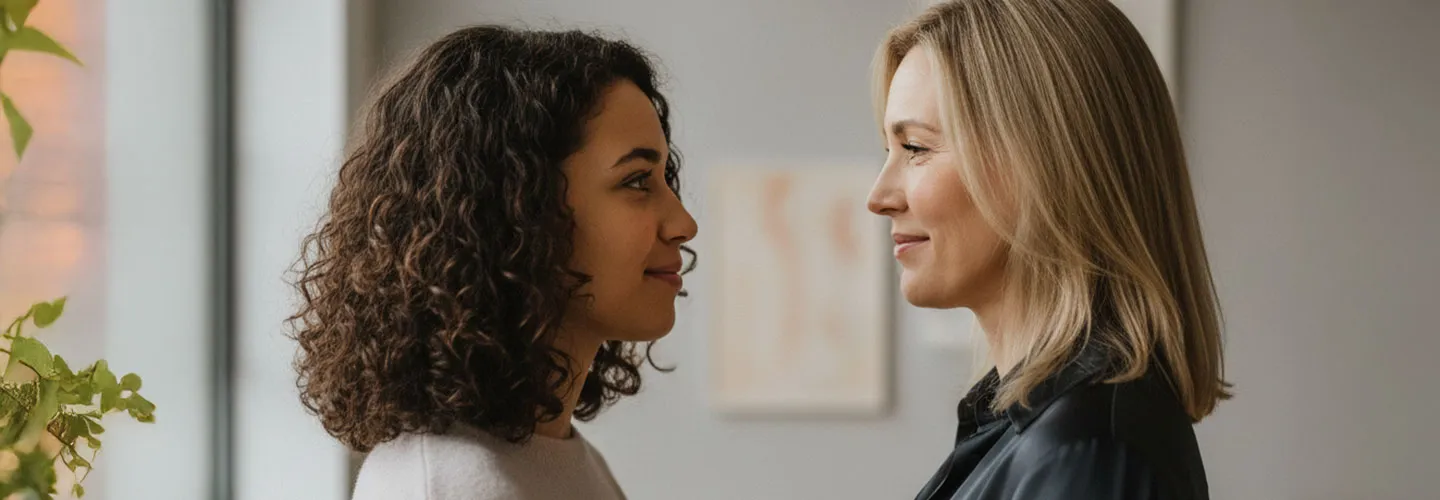How many eggs do you really need to freeze?

How many eggs do you really need to freeze? A look at the numbers — and your future
Introduction
When Alara turned 32, she bought a new apartment, got a promotion and started thinking about freezing her eggs. Not because she wanted children right away, but because she wasn’t ready to close that door either.
She is not alone. Around the world, more and more women in their late twenties and thirties are opting for elective egg freezing to buy time. But behind the encouraging narrative lies a quieter, more mathematical reality: Egg freezing is no guarantee of a baby. It increases your chances — but the numbers do matter
The age factor: why timing is everything
Egg quality declines with age. That’s not news — but the effects on egg freezing often are.
While modern vitrification techniques allow eggs to survive thawing at impressive rates (over 90%), the probability of a single frozen egg resulting in a live birth is still on average 6–7%. This figure decreases as the woman gets older: around 7.4% under the age of 30 and around 5.2% by the age of 38.
In simple terms? **One egg = one lottery ticket And as with any lottery, the more tickets you have, the better your chances.
How many eggs to freeze? What the research says
New models and large data sets have made it possible to estimate how many mature eggs are needed to give a woman about a 50% chance of having at least one baby in the future.
| ** Age at egg retrieval | Estimated number of eggs for a 50% chance of a live birth |
|---|---|
| Under 35 | 6 to 8 |
| 35–37 | 8 to 10 |
| 38–40 | 12 to 20 |
| 41–42 | 20 to 30 |
| Over 42 | 50 or more |
These numbers come from studies such as those by Doyle et al. and Goldman et al. who analyzed thousands of IVF cases with frozen eggs and extrapolated success rates based on age, fertilization rates, embryo quality and implantation probabilities.
Individual stories behind the statistics
Of course, every woman is unique. The numbers above are averages, not guarantees. Your ovarian reserve, your general health and even the fertility of your future partner will affect the outcome.
Some women may conceive naturally before using their frozen eggs. Others may need several IVF cycles, even with younger eggs. And some find that despite freezing 10 eggs, not a single one develops into a viable embryo.
As Dr. Aksoy and colleagues put it: “**Oocyte freezing is not an insurance policy. It is a chance, not a promise.”
The limits — and the promise — of vitrification Today’s techniques are light years ahead of those used a decade ago. Vitrification, the ultra-fast freezing method that is now standard in fertility centers, preserves eggs far better than older “slow-freeze” methods. But even with the best technology, biology still calls the shots.
That’s why experts advise freezing earlier when egg quality is higher and freezing more when possible.
Women over 40 can still choose to freeze their eggs — but they should know the odds. For example, a 42-year-old woman may need 50 eggs to have a 50 percent chance of having a child. In many cases, it is simply unrealistic to achieve this with a single stimulation cycle.
Should you freeze your eggs?
If you are considering egg freezing, there are a few questions you should ask yourself:
- Am I under 38? Your chances are much better if you act before 35.
- **Can I afford more cycles? More eggs = better chances.
- **How urgent is motherhood for me? Egg freezing is a proactive step, but not a substitute for a plan.
For women like Alara, the decision is not just about fertility. It’s about freedom of choice, peace of mind and making space for a future that isn’t yet fully written.
Final thought: Numbers don’t lie — but they don’t tell the whole story
Egg freezing is a powerful tool, but not a magical one. The data helps us understand the situation, but your story is your own. If you’re considering it, talk to a fertility specialist. Have your AMH levels checked. Make a plan.
Because when it comes to something as personal as a child, informed hope is better than illusion.
Last Updated: May 16, 2025
The content has been created by Dr. Senai Aksoy and medically approved.
